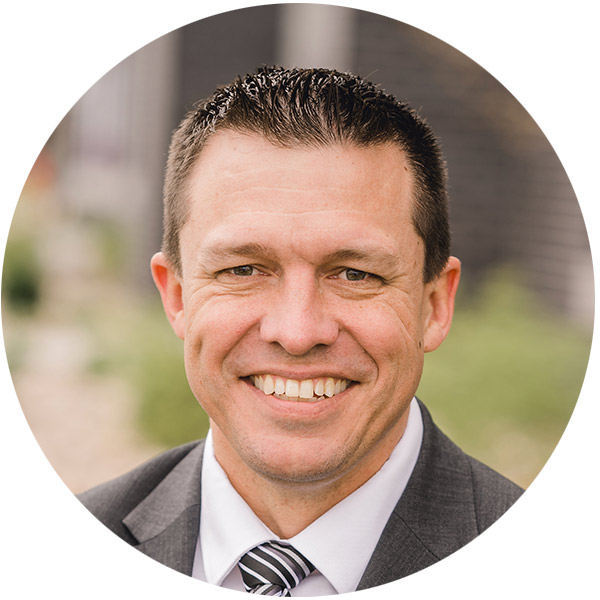Imagine living in Maine which allows families to use government money to choose a school. You’re excited because you and your spouse want to send your children to the school where you both attended. But when you apply for the funding, you find out that every school in town is available, except for the one you selected. Why is it excluded? Because it is a religious school.
This scenario is similar to Carson v. Makin, which involves a family from Maine.
Here is a quick history of Maine’s school choice program. It was established in 1873 with the intent to educate all of Maine’s children. Parents were free to select whatever school they would like, and many chose religious schools. Of course, there were also many parents who did not. The decision was entirely up to the family. In 1980, the Attorney General of Maine wrote an opinion to the legislature, urging them to exclude religious schools from Maine’s school choice program. The legislature did so in 1981. Maine has been in and out of court since.
The US Supreme Court has been overturning many lower court decisions regarding states excluding religious groups from similar programs. In the 2017 case Trinity Lutheran Church v. Comer, the court ruled that the exclusion of churches from an otherwise neutral and secular aid program violates the First Amendment’s guarantee of the free exercise of religion. In the 2020 case Espinoza v. Montana, the Supreme Court held that if a state decides to empower parents to make educational decisions though a choice program, that it cannot discriminate against religious parents or schools in regards to those choices. This string of decisions seems to indicate that the court is likely to rule in favor of Carson in this case.
The decision on where to send one’s child to school is completely voluntary. Parents know that if they apply to a religious school, that the school may have certain religious requirements to attend. These schools do not violate anti-discrimination laws even though this is often argued by school choice opponents. Parents know their children best and are in the best position to make educational decisions.
Carson v. Makin boils down to this: Do we trust parents to make decisions for their children?




